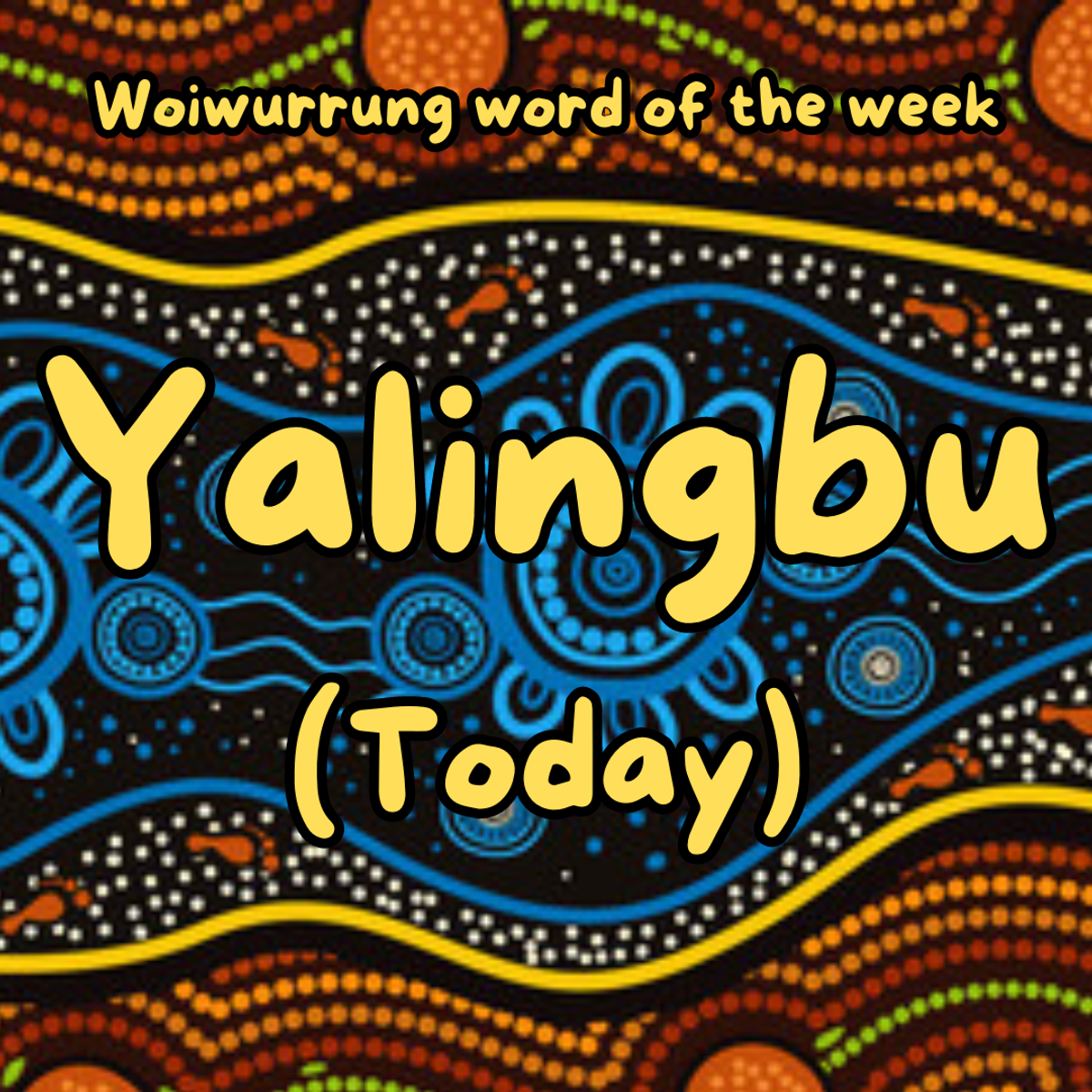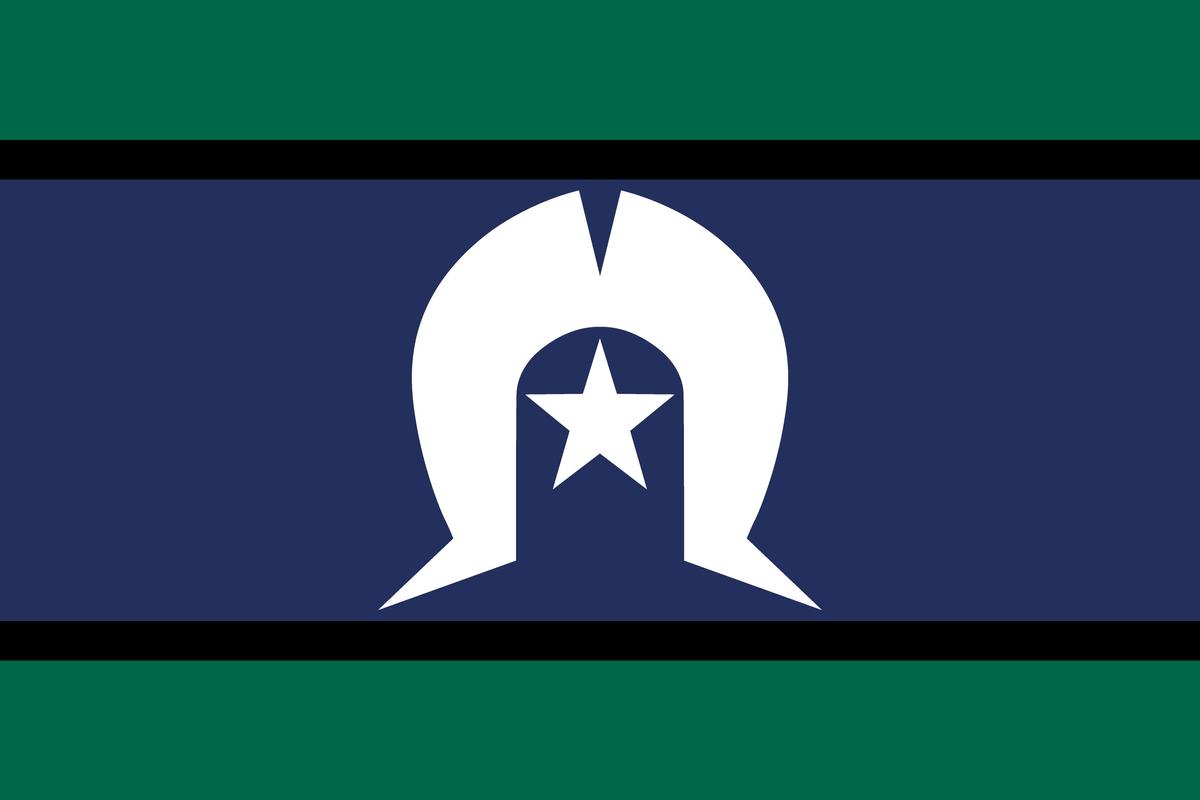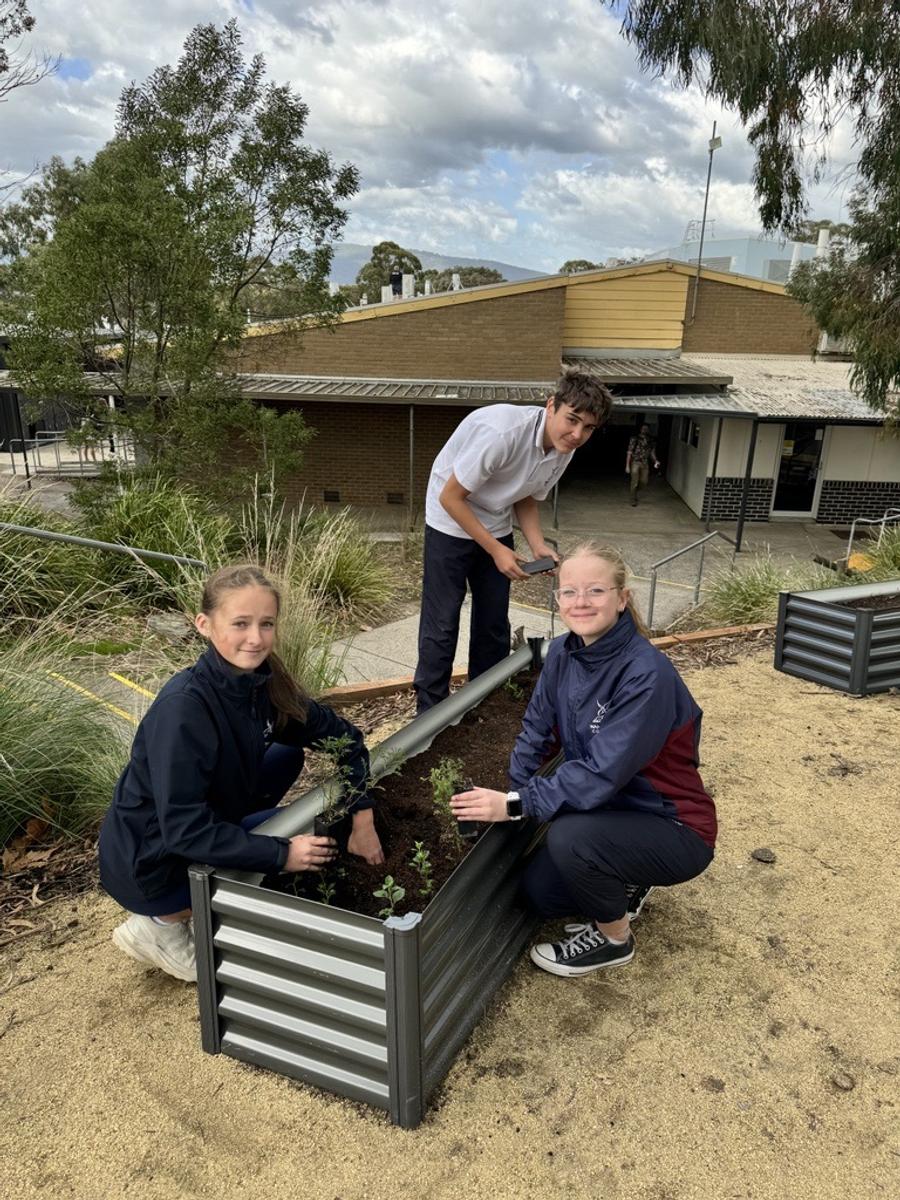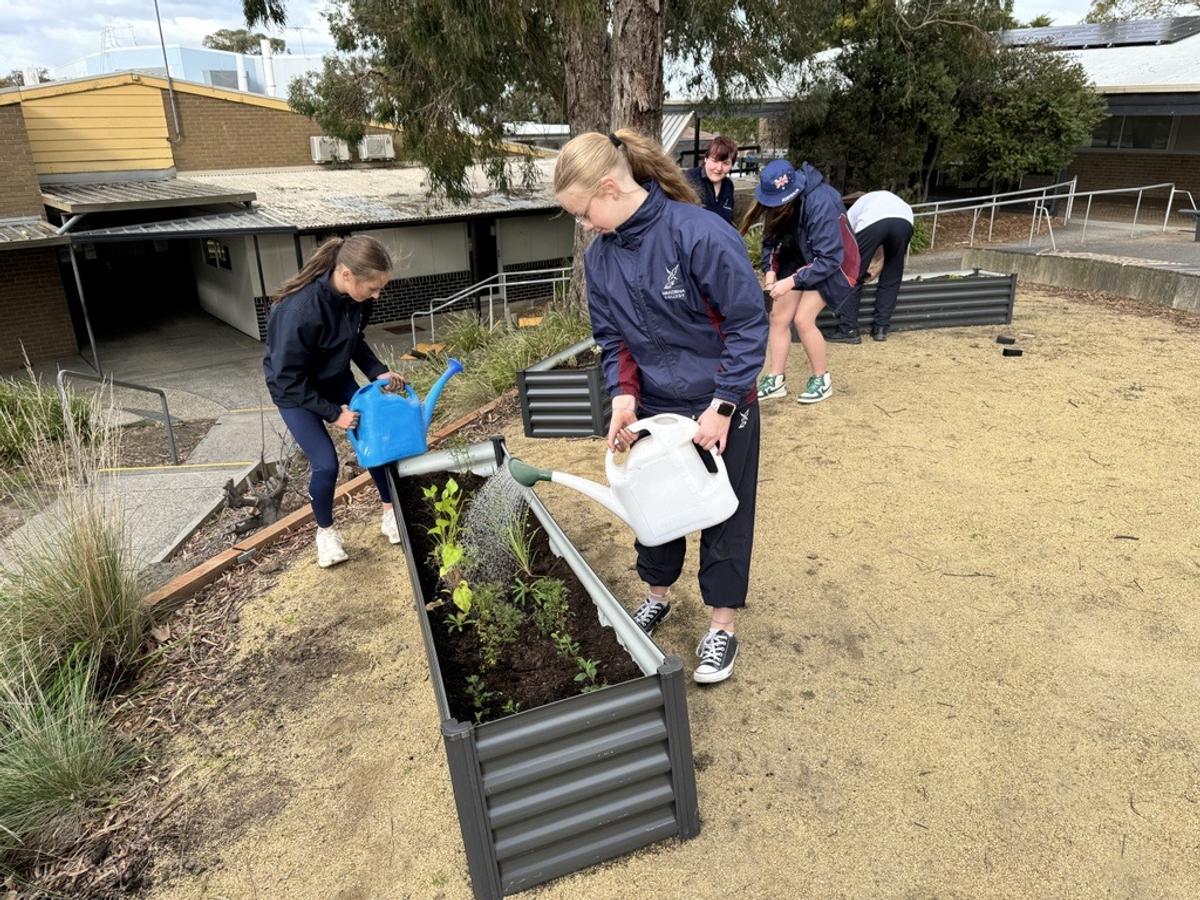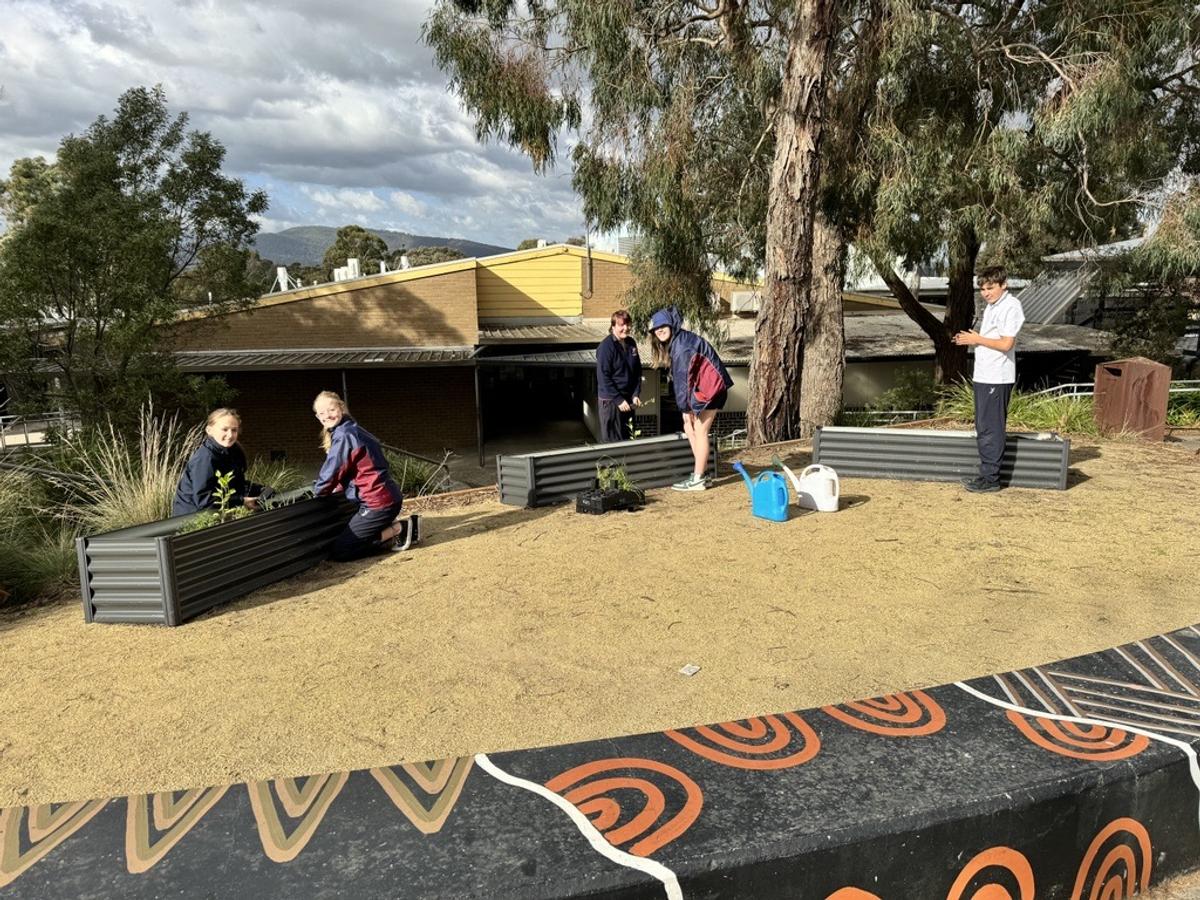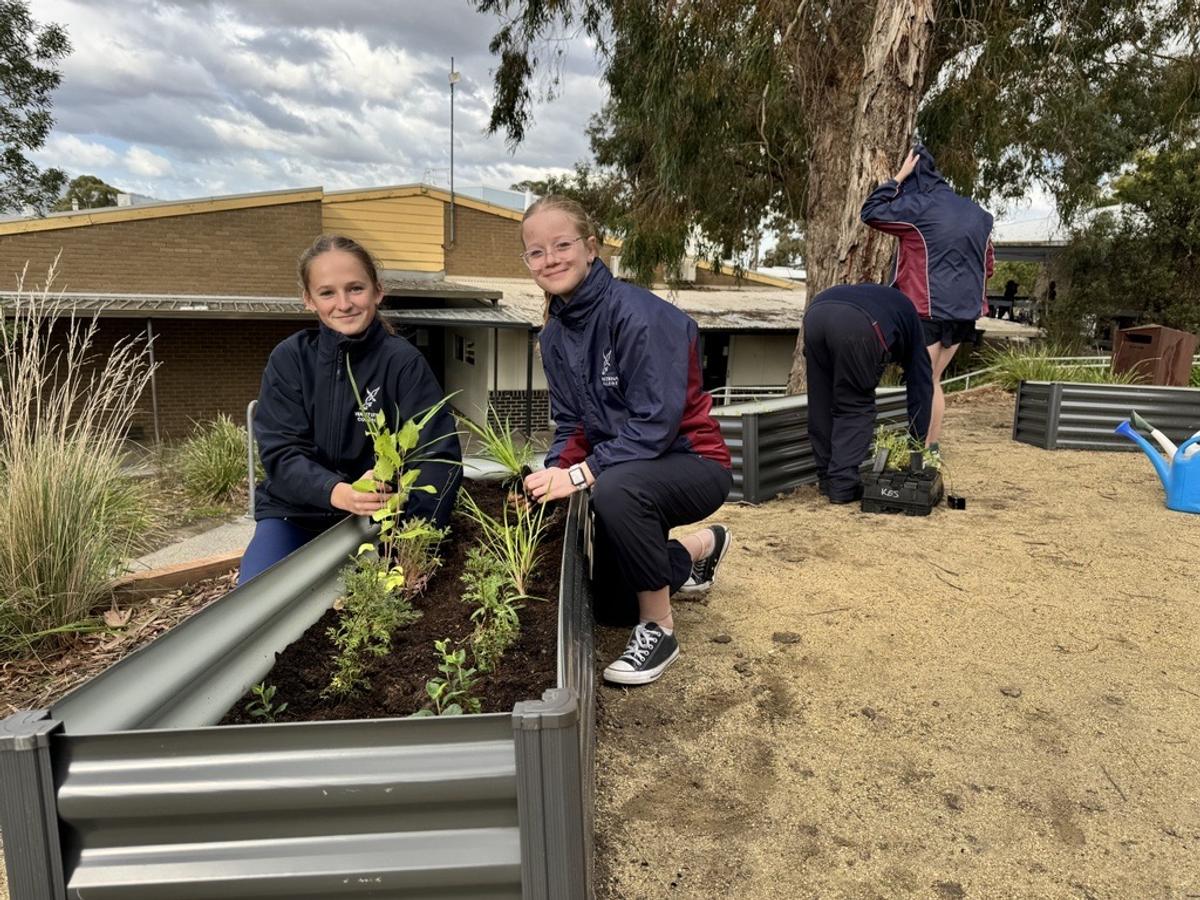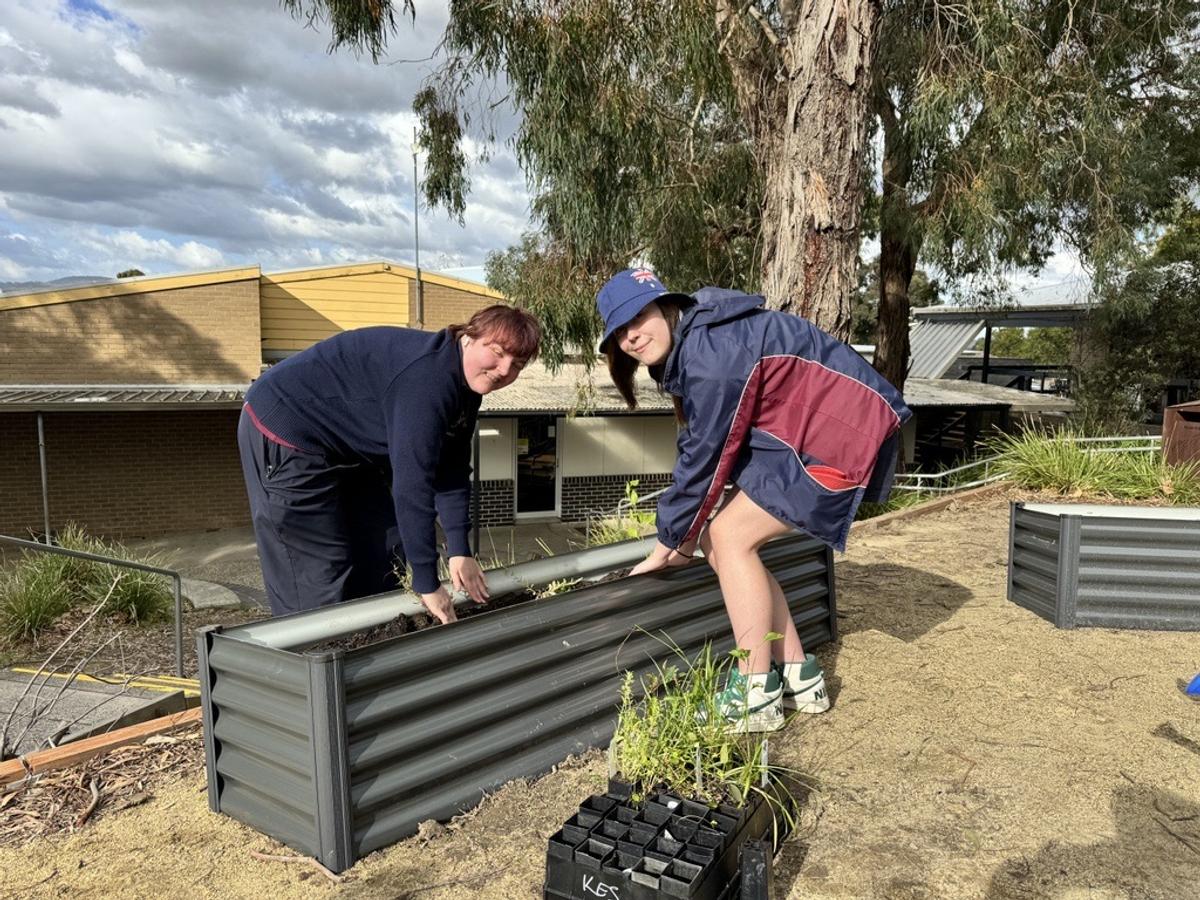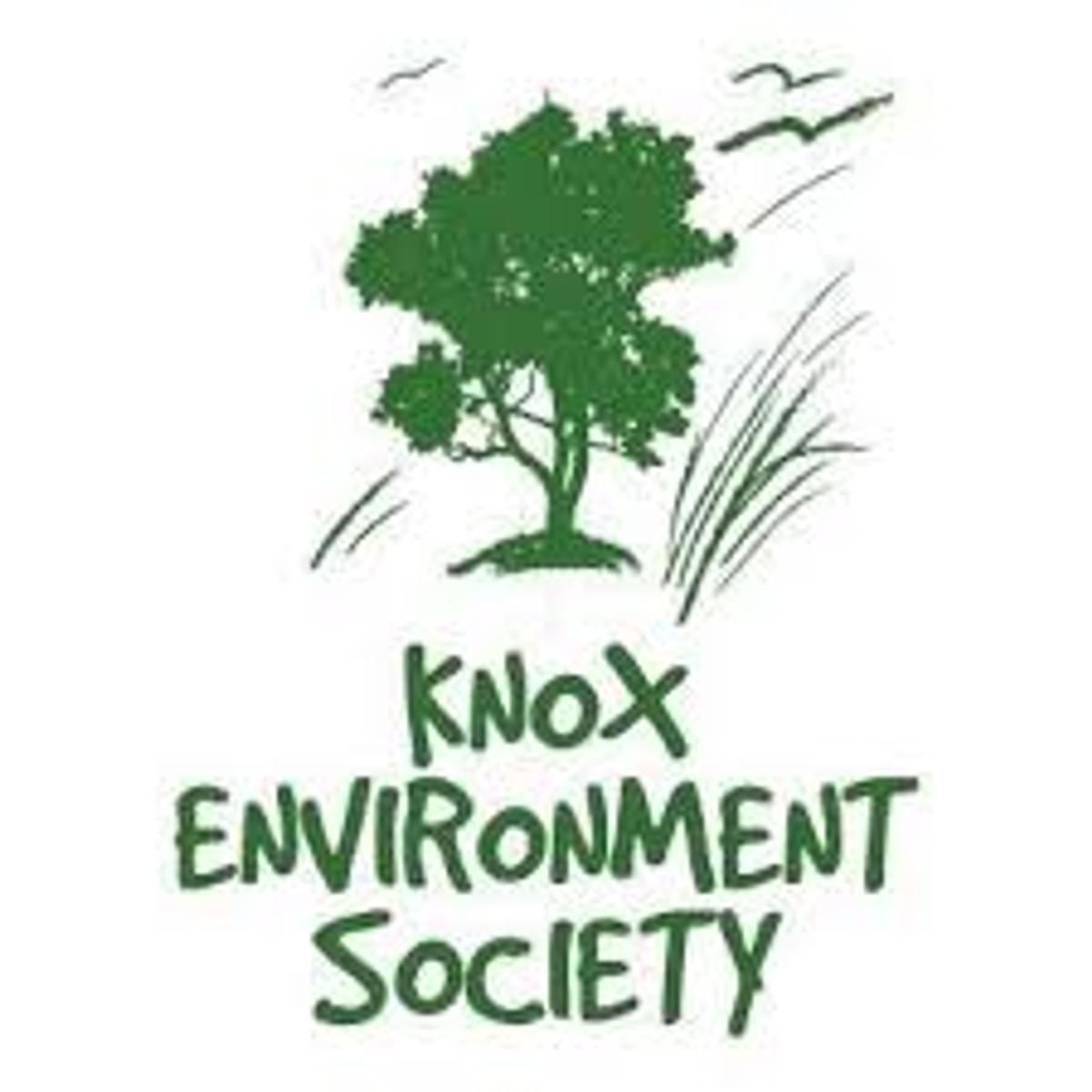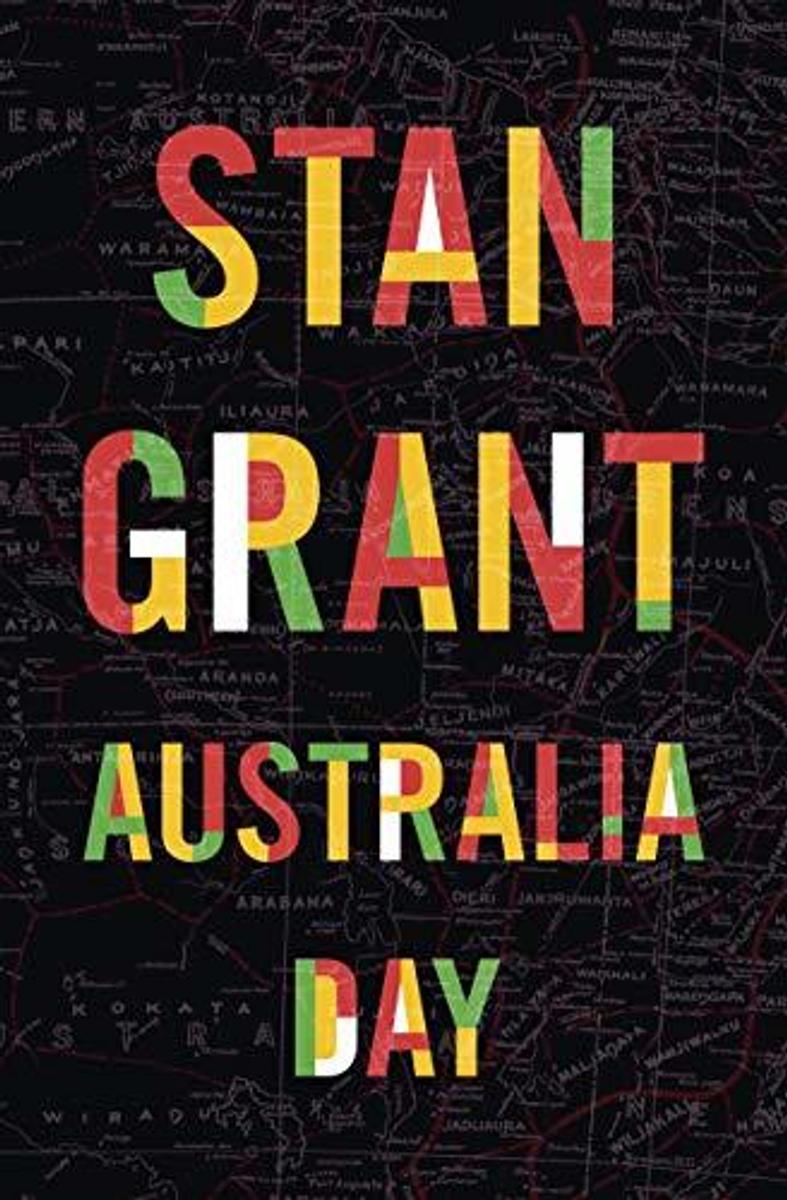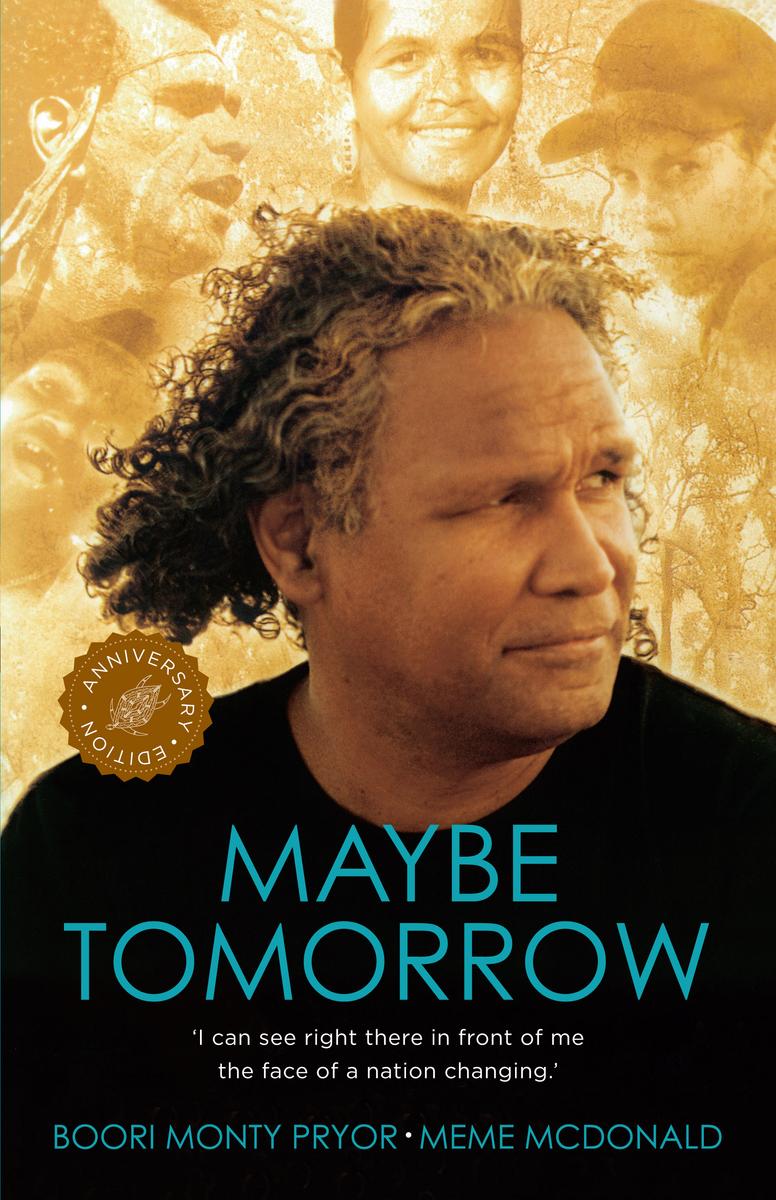Marrung News

Aboriginal and Torres Strait Islander readers are advised that this website may contain images, voices and names of deceased persons.
National Sorry Day
What is National Sorry Day?
On May 26, every year, Australia acknowledges and remembers the mistreatment of Aboriginal and Torres Strait Islander People who, against their will, were taken from their families and communities. These individuals are now known as 'The Stolen Generation'.
Despite the assimilation policy coming to an end, many Indigenous Australian children are still taken away from their families. This is often done through disproportionate child protective services. Aboriginal and Torres Strait Islander children are over 10x more likely to be removed from their families and placed into out-of-home care. They make up over 40% of the out-of-home care population despite only making up 6% of the whole child population. This number is set to double by 2029.
During this time, it is important we reflect on how we all can play a part in the healing process for our Indigenous Australians. This date carries major significance as it marks the date and anniversary of the Bringing Them Home report.
What is the “Bringing Them Home” Report?
The Bringing Them Home report is a 689-page tribute from the Australian government which acknowledges the tribulations but also the endurance of thousands of Aboriginal and Torres Strait Islanders. This report marked a pivotal point in healing and reconciliation for The Stolen Generation, as it was the first time the government formally acknowledged that what they did was inhumane, unethical, and had a life-long impact on Indigenous people.
The full report can be found HERE.
National Reconciliation Week
What is National Reconciliation Week?
Following National Sorry Day, National Reconciliation Week (NRW) is a time for all Australians to learn, reflect, and share our history and culture with one another. This is to explore how we, as a nation, can achieve reconciliation and equality by minimising acts of bigotry and advocating for Aboriginal and Torres Strait Islanders.
National Reconciliation Week runs from 27 May – 3 June every year. This year’s theme was 'Now More Than Ever', a reminder to all Australians that the fight for the rights of Aboriginal and Torres Strait Islander peoples will continue, no matter what.
National Reconciliation Week commemorates two significant milestones achieved in the reconciliation journey. These being the 1967 Referendum and the High Court Mabo decision.
What is the 1967 Referendum?
On May 27, 1967, the Australian Government held a referendum which voted to count Aboriginal and Torres Strait Islander peoples in the census (population) and give the Australian Government power to create laws for Indigenous Australians.
Prior to this, Aboriginal and Torres Strait Islander peoples were not recognised as part of the Australian population and did not have the ability to vote, marry, move homes, receive the same pay as non-Indigenous Australians, or allowed be the legal guardian of their own children.
Over 90% of the population voted ‘Yes’ in this referendum, marking the date of the first act of reconciliation by the Australian government.
What is the High Court Mabo decision?
On May 20,1982, a legal case named 'Mabo and others v Queensland' was held. This case was first initiated by Eddie ‘Koiki’ Mabo, and four other individuals named David Passi, Sam Passi, James Rice, and Celuia Mapo Sale. Eddie Mabo, who was in charge of this group, was a Torres Strait Islander who believed Australian laws regarding land ownership were morally wrong and fought to change them.
The case ran for 10 years and concluded after Mabo had passed away. On June 3rd, 1992, the High Court of Australia came to the agreement that terra nullius, the term which was used to claim that Australia was uninhabited when settlers first arrived, should not have been recognised in Australia. As it effectively denied Aboriginal and Torres Strait Islander peoples of their rights to the land.
The Mabo decision was another major turning point in reconciliation as it acknowledged that Aboriginal and Torres Strait Islander peoples had had a unique connection to the land known as connection to Country.
In honour of Eddie Mabo, Mabo Day was created and occurs annually on June 3rd, the date which the case finally concluded and Indigenous Australians reached another milestone.
Woiwurrung Word of the Week
This week in Torres Strait Islander history – The Torres Strait Islander flag
The Torres Strait Islander flag was formally recognised on May 29, 1992. This flag was designed by Bernard Namok, and it symbolises unity and the identity of all Torres Strait Islanders. Placed in the middle is what is known as a 'Dhan' headdress, which is a symbol for all Torres Strait Islanders. The five-pointed star in the middle of the Dhan symbolises peace, the five major island groups, and the importance of stars for navigating the sea. These five major island groups are the Northern Division (Boigu, Dauan, and Saibai), Eastern Islands (Erub, Mer, and Ugar), Western Division (St. Pauls, Kubin, Badu, and Mabuiag), Central Division (Masig, Poruma, Warraber, and Iama) and lastly, Southern Division (Thursday, Hom, Prince of Wales and Hammond Islands, NPA and Mainland Australia). The colours on the flag also are representative. The green represents the land, the blue represents the sea, and the black represents the people.
Indigenous Garden
To celebrate Reconciliation Week at Wantirna College, our students planted an Indigenous Garden to not only reconcile with our Indigenous students, but to do so in an eco-friendly way. This was done last Thursday and Friday and was all possible thanks to the Knox Environment Society, who gifted us 50 tube stock plants.
The Knox Environment Society was established in 1985 and is believed to be one of the first indigenous nurseries in Australia. The Indigenous Nursery is completely volunteer-run and most of the money the Society earns through plant sales goes back into the community for environmental campaigns and projects, both locally and globally, such as the Sword-grass Brown Butterfly project, local wildlife carers lobbying for better public transport, and donations to other groups striving for similar objectives.
We cannot thank Richard at the Knox Environment Society enough, and highly recommend families visit them and contribute back by buying your own plants! You can find the Knox Environment Society at Wally Tew Reserve Playground, 1010 Burwood Highway Ferntree Gully VIC 3155.
Deadly Reads
In our library at Wantirna College, we have a vast collection of books written by First Nations authors and about First Nations history to choose from across a wide variety of genres. This Reconciliation Week, we are going to recommend some amazing books about Indigenous culture in Australia written by Indigenous Australians! One strong recommendation is 'Australia Day' written by Stan Grant. Grant is a writer, journalist, and television presenter who speaks heavily on Aboriginal and Torres Strait Islander peoples and is a proud Wiradjuri man.
You may have actually heard of him before. He went viral in 2015 after reading his heart wrenching but incredibly inspiration speech about bigotry and racism in Australia and how it was ruining the Australian dream. This speech inspired his book 'Talking to My Country' which was then followed up by the book mentioned at the start, 'Australia Day'.
Another book we recommend is 'Maybe Tomorrow' written by Boori Monty Pryor. This book is a memoir which recounts major events within Boori’s life; The tragedies he and his family faced, the pain he went through, along with his hopes for the future. This book was written in 1998 and gives a wonderful insight into how Indigenous Australians struggle to live in the world of the white man.
Koorie Beats
We understand that song and dance are important aspects of Aboriginal culture and identity, used in storytelling and ceremony for tens of thousands of years, and so hope to use this platform to share some of the Aboriginal and Torres Strait musicians we admire most.
Some songs we recommend listening to include 'Took the Children Away' by Archie Roach, 'Blackfella/Whitefella by Warumpi Band and 'We Have Survived by No Fixed Address. All these songs are so inspirational and have become an iconic piece of music for Indigenous Australians. Over 500 choirs joined together during this year's Voices of Reconciliation: Louder Than Ever concert, to sing 'Blackfella/Whitefella' together.
This week's Marrung News written by Year 12 students:
Ash Orpwood, Diversity Captain &
Ally Thoma (Biripi), Koorie Learner
Culturally Safe Supports and Services
Wantirna College acknowledges that there may be First Nations People within our community who may have been directly or indirectly affected by the Stolen Generations, and so may have found this Reconciliation Week of reflection an emotionally heavy one. You're not in this alone, and there are services available who you can speak to. These services include 13YARN, NACCHO and many more. Please see the attached document for more information about these and other local support services.
Local Support Services
Please download the attachment for Knox Network/Victorian Indigenous Support Services and don't hesitate to contact us for further information.
Ashleigh Bibby
Leader of Wellbeing
Nick Elliott
Marrung Leading Teacher

